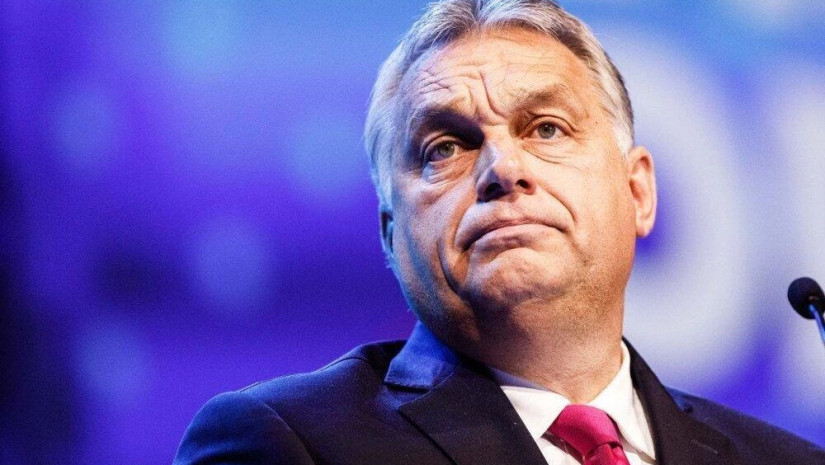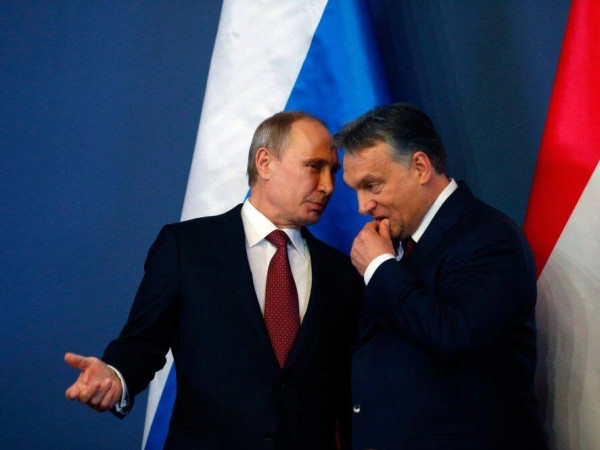The European Union has "shot itself in the lungs" with ill-considered economic sanctions on Russia, which risk destroying the European economy unless rolled back, Hungarian Prime Minister Viktor Orban said Friday.
Gas supplies to Europe have tightened and fuel costs have soared since Russia's invasion of Ukraine in February and subsequent sanctions, leaving countries scrambling to refill storage and diversify supply channels. Russia calls its actions in Ukraine a "special operation."
The surge in gas and electricity prices forced nationalist Orban to curtail a yearslong cap on utility prices for higher-usage households on Wednesday, rolling back one of the 59-year-old prime minister's signature economic policies.
"Initially, I thought we had only shot ourselves in the foot, but now it is clear that the European economy has shot itself in the lungs, and it is gasping for air," Orban, a long-time sanctions critic, told public radio in an interview.
Orban said Ukraine needed help, but European leaders should reconsider their strategy, as sanctions have caused widespread damage to the European economy without weakening Russia or bringing the monthslong war closer to any resolution.
"The sanctions do not help Ukraine, however, they are bad for the European economy and if it goes on like this, they will kill off the European economy," Orban said. "What we see right now is unbearable."
"The moment of truth must come in Brussels when leaders admit they have made a miscalculation, that the sanctions policy was based on wrong assumptions and it must be changed."
Reelected in April, Orban said without Wednesday's curbs, which will trigger a jump in energy costs for households consuming energy above the national average, the entire utility price cap regime would have to be scrapped.
Economists at Morgan Stanley have said the curbs could add 1.5 percentage points to inflation, already at its highest in two decades, further exacerbated by a weak forint.
Before the April ballot, economists estimated the cost of the utility price caps at up to 1.5 trillion forints ($3.71 billion), which along with a raft of measures that helped Orban's election bid have caused a surge in the budget deficit.
Orban is facing his toughest challenge yet since taking power in a 2010 landslide, with inflation at its highest in two decades, the forint plumbing record lows and EU funds in limbo amid a dispute over democratic standards.
Orban's other decision to fast-track legislation to raise the tax rate for hundreds of thousands of small firms this week as part of a broader drive to rein in the ballooning budget deficit has led to several protests in Budapest, Daily Sabah reports.















